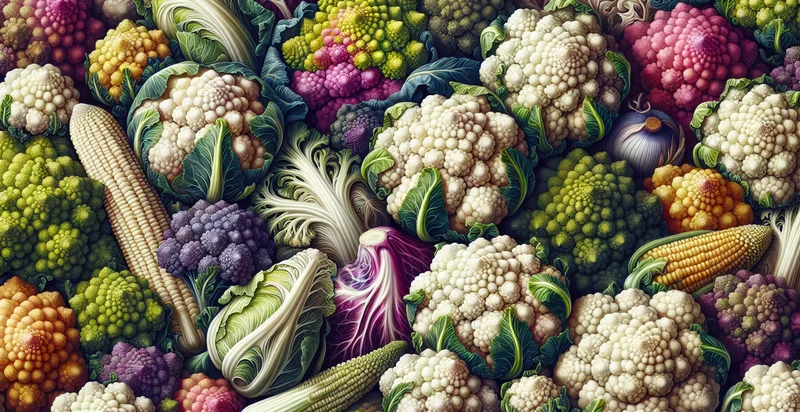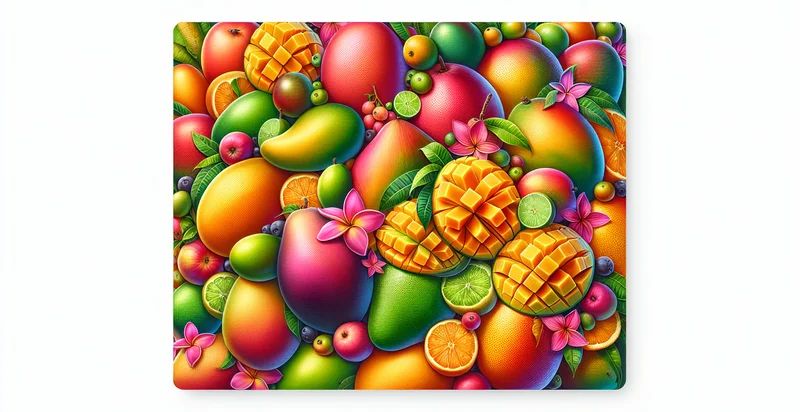Identify melon species
using AI
Below is a free classifier to identify melon species. Just upload your image, and our AI will predict what species of melon it is - in just seconds.

Contact us for API access
Or, use Nyckel to build highly-accurate custom classifiers in just minutes. No PhD required.
Get started
import nyckel
credentials = nyckel.Credentials("YOUR_CLIENT_ID", "YOUR_CLIENT_SECRET")
nyckel.invoke("melon-species", "your_image_url", credentials)
fetch('https://www.nyckel.com/v1/functions/melon-species/invoke', {
method: 'POST',
headers: {
'Authorization': 'Bearer ' + 'YOUR_BEARER_TOKEN',
'Content-Type': 'application/json',
},
body: JSON.stringify(
{"data": "your_image_url"}
)
})
.then(response => response.json())
.then(data => console.log(data));
curl -X POST \
-H "Content-Type: application/json" \
-H "Authorization: Bearer YOUR_BEARER_TOKEN" \
-d '{"data": "your_image_url"}' \
https://www.nyckel.com/v1/functions/melon-species/invoke
How this classifier works
To start, upload your image. Our AI tool will then predict what species of melon it is.
This pretrained image model uses a Nyckel-created dataset and has 26 labels, including Ananas Melon, Bitter Melon, Black Diamond Watermelon, Canary Melon, Cantaloupe, Charentais Melon, Galia Melon, Green Flesh Honeydew, Hami Melon and Honeydew.
We'll also show a confidence score (the higher the number, the more confident the AI model is around what species of melon it is).
Whether you're just curious or building melon species detection into your application, we hope our classifier proves helpful.
Related Classifiers
Need to identify melon species at scale?
Get API or Zapier access to this classifier for free. It's perfect for:
- Agricultural Quality Control: The 'melon species' identifier can assist farmers and agricultural businesses in monitoring the quality of melon crops. By automatically classifying and identifying different melon species, the technology can help in detecting anomalies that may indicate poor health, pest infestations, or diseases.
- Supply Chain Management: Businesses in the fruit distribution sector can utilize the identifier to streamline their logistics and inventory management. By identifying melon species at various points in the supply chain, they can more accurately predict demand, reduce waste, and ensure higher quality products reach consumers.
- Consumer Education: Retailers can employ the melon species identifier in-store or online to educate consumers about different types of melons. This can enhance the shopping experience by providing information on taste profiles, nutritional values, and ideal uses for each species, leading to more informed purchasing decisions.
- Research and Development: Agricultural researchers can leverage this identifier to study the genetic diversity and hybridization of melon species. This data can contribute to developing new varieties that are more resilient to climate change, pests, and diseases.
- Food Safety Compliance: Food safety organizations and regulatory bodies can use the melon species identifier to assure compliance with labeling laws and standards. Accurate identification ensures that products are correctly classified, preventing potential food safety issues and mislabeling.
- E-commerce Optimization: Online grocery platforms can integrate the melon species identifier to improve search and recommendation systems. This tool can enhance the user experience by providing tailored suggestions based on specific melon preferences or dietary needs.
- Culinary Exploration: Chefs and culinary professionals can use the melon species identifier as a resource for creating innovative dishes. By understanding the flavor profiles and textures of various melon species, they can experiment with new recipes that highlight the unique characteristics of each type.


